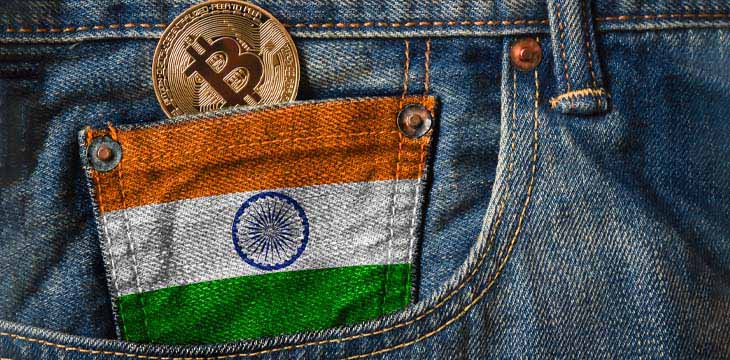
|
Getting your Trinity Audio player ready... |
India’s Bharat Web3 Association (BWA) becomes the latest organization to submit a proposal to regulators seeking to remove the ban on digital currency exchanges accessing the country’s Unified Payment Interface (UPI) for real-time interbank peer-to-peer transactions.
The BWA’s proposal is expected to be submitted to the National Payments Corporation of India (NPCI) in the coming weeks after previous calls failed to yield positive results. Indian regulators shadow-banned digital asset service providers from accessing UPI services in April 2022 after U.S.-based Coinbase (NASDAQ: COIN) praised the ease of processing payments using the interface.
Breaking🚨: Indian🇮🇳 Authorities asked to restore crypto exchanges access to Unified Payment Interface (UPI) after it was suspended in 2022.
Here's everything you need to know (Mega🧵)
1/11 pic.twitter.com/Ryc8NucUFP
— KoinX (@getkoinx) May 17, 2023
Shortly after Coinbase’s announcement, the NPCI tweeted that it is “unaware of any crypto exchange using UPI,” a move that forced exchanges CoinSwitch, Kuber, and WazirX to halt deposits in Indian rupees. Since the move, an unnamed digital currency exchange and a public policy advisory firm have urged regulators to lift restrictions surrounding the use of UPI for digital asset service providers.
Lifting the ban will offer several benefits to the burgeoning digital currency industry, including lending credibility to players in the space and reducing the hurdles for retail investors to trade on exchanges. It remains unclear if regulators will change their stance based on the flurry of proposals, but despite the grim odds, BWA’s proposal has whipped up a frenzy in the digital currency ecosystem.
Aside from the debacle with UPI, India’s digital currency industry has faced major upheavals in the last 12 months, including a hike in applicable taxes and swirling rumors of an outright ban. Indian firms are grappling with a fall in asset prices and the imposition of a 30% tax on digital currency gains and an additional 1% tax deductible at source (TDS).
“This TDS could be brought down to 0.1% on every trade without challenging its efficacy,” Giottus CEO Vikram Subburaj said. “This will bring more capital infusion to the sector.”
Brace for tougher global rules
India continues to eye digital currencies skeptically as it scrambles to float its central bank digital currency (CBDC) to reduce its growing influence. India aims to use its influence as G20 president to impose a global digital currency framework which experts believe will be in the mold of its “draconian” rules.
Governor of the Reserve Bank of India (RBI) Shaktikanta Das famously stated that digital currencies are akin to gambling, calling for their immediate ban. He added that the asset class would lead to the increasing dollarization of the economy and undermine the RBI’s authority.
“Anything whose valuation is dependent entirely on make-believe is nothing but 100% speculation or to put it bluntly, it is gambling,” Das stated.
Watch: India is critical to Satoshi Nakamoto’s vision for Bitcoin
Recommended for you
Lorem ipsum odor amet, consectetuer adipiscing elit. Elit torquent maximus natoque viverra cursus maximus felis. Auctor commodo aliquet himenaeos fermentum
Lorem ipsum odor amet, consectetuer adipiscing elit. Accumsan mi at at semper libero pretium justo. Dictum parturient conubia turpis interdum

 11-22-2024
11-22-2024


